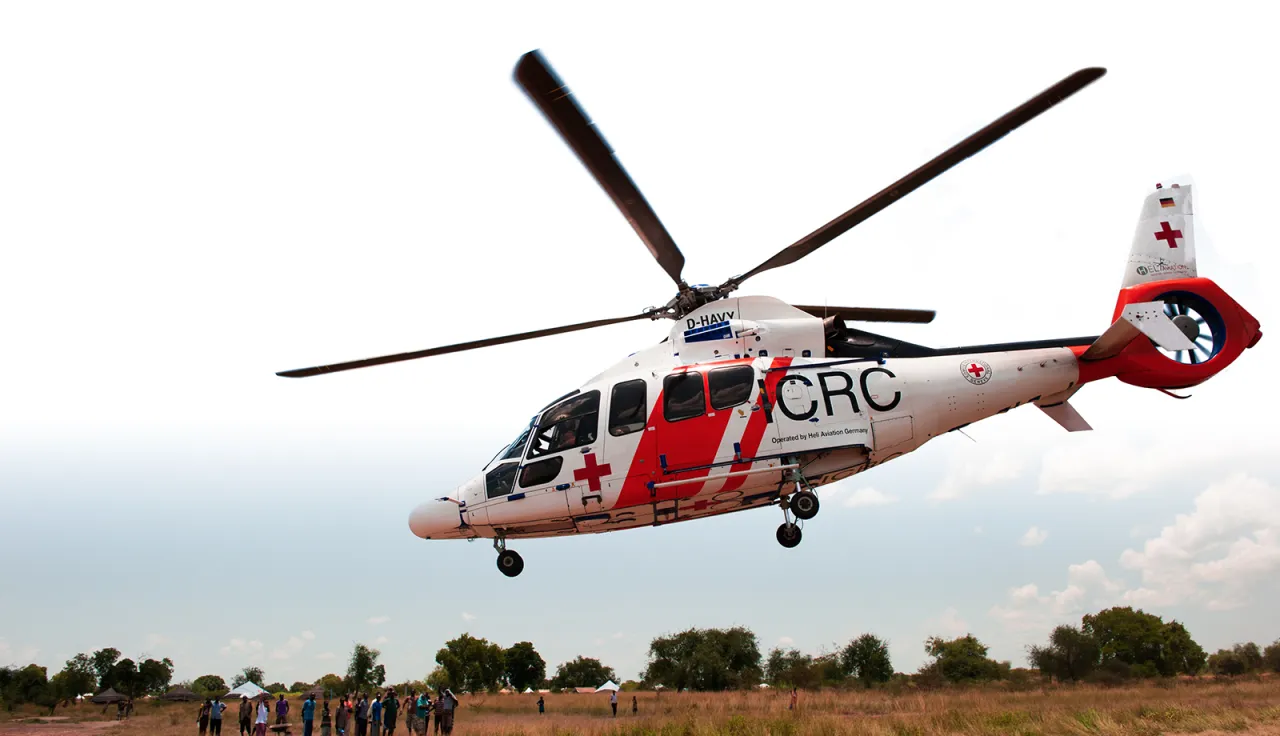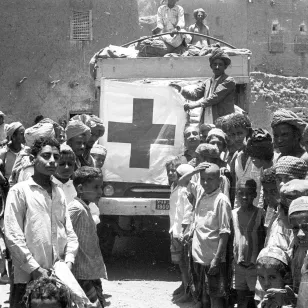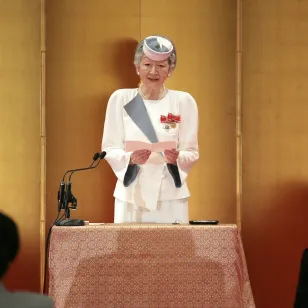Our mandate and mission
Our work is based on international humanitarian law, which is set out in the Geneva Conventions of 1949 and their Additional Protocols, the Statutes of the International Red Cross and Red Crescent Movement and the resolutions of the International Conferences of the Red Cross and Red Crescent.
We take action to assist the victims of armed conflict and other violence, and at the same time promote respect for international humanitarian law and its implementation in domestic law.
It was on the ICRC’s initiative that states adopted the original Geneva Convention of 1864. Since then, with the support of the entire Movement, we have urged governments to adapt international humanitarian law to changing circumstances, particularly modern developments in the means and methods of warfare, so as to provide more effective protection and assistance for the victims of conflict.
Today, all states are bound by the four Geneva Conventions of 1949 which in times of armed conflict protect wounded, sick and shipwrecked members of the armed forces, prisoners of war and civilians. Over three-quarters of all states are currently party to the two Protocols additional to the Geneva Conventions. Additional Protocol I protects the victims of international armed conflicts and Additional Protocol II the victims of non-international armed conflicts. These treaties have codified the rules protecting civilians against the effects of hostilities. Additional Protocol III of 2005 allows for the use of an additional emblem – the red crystal – by National Societies in the Movement.





